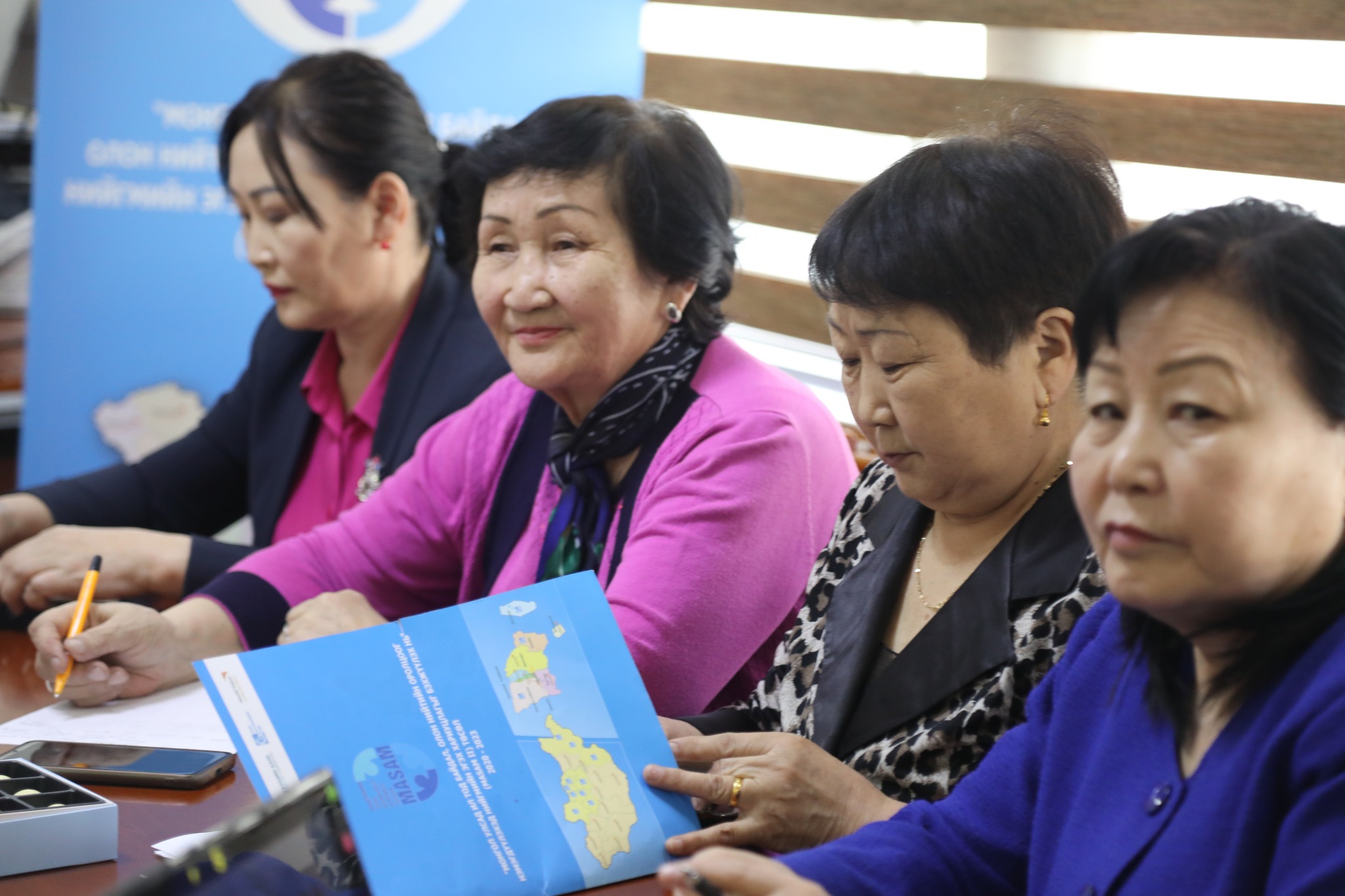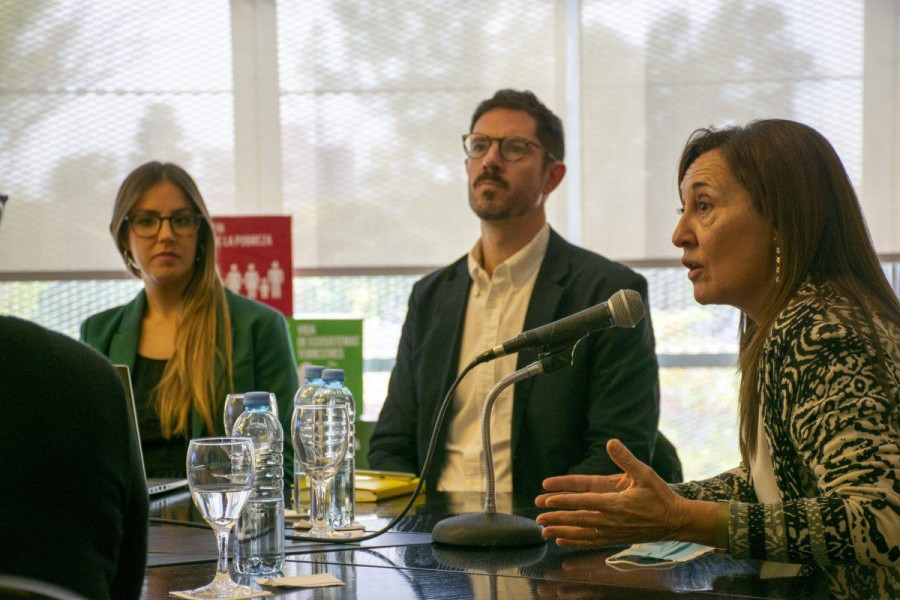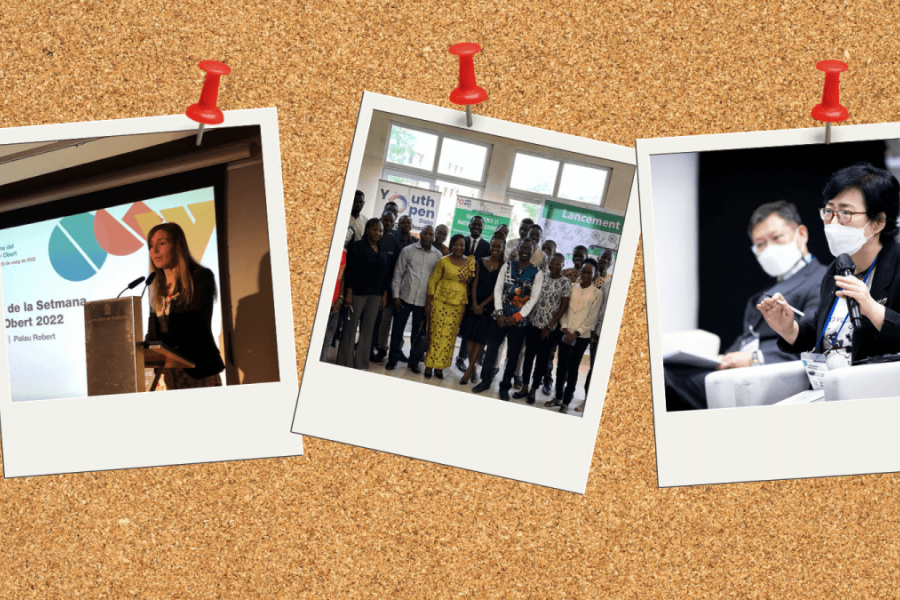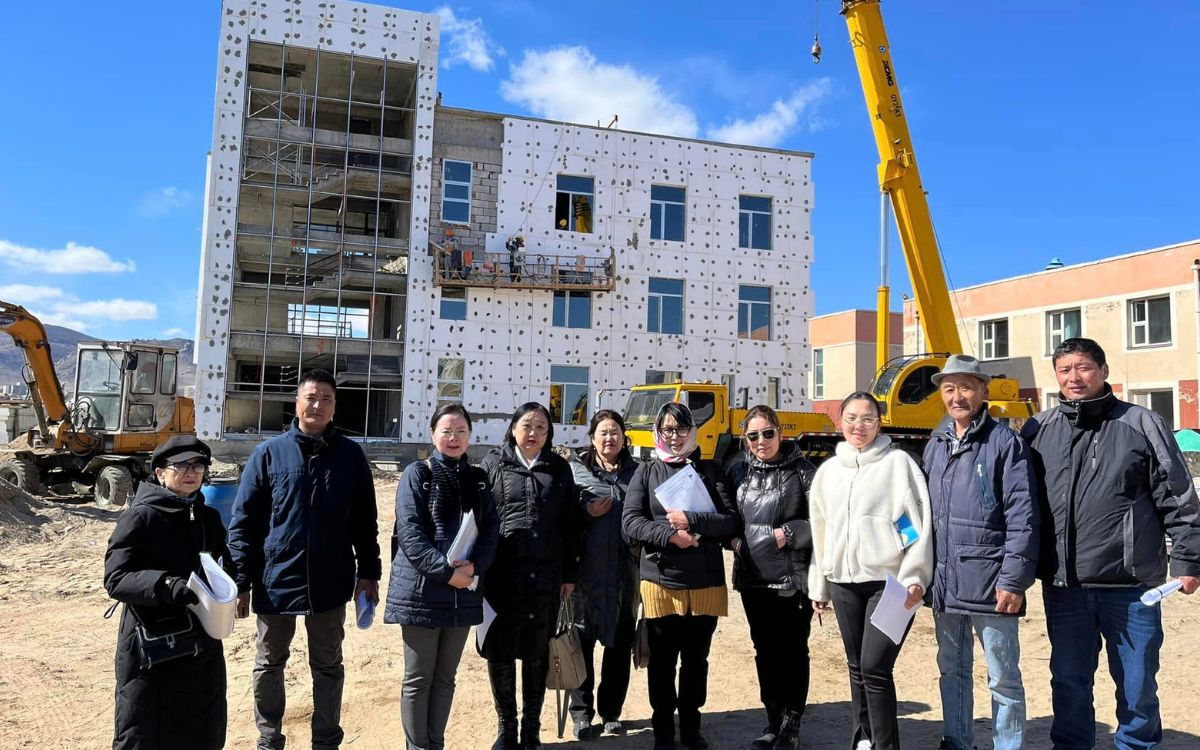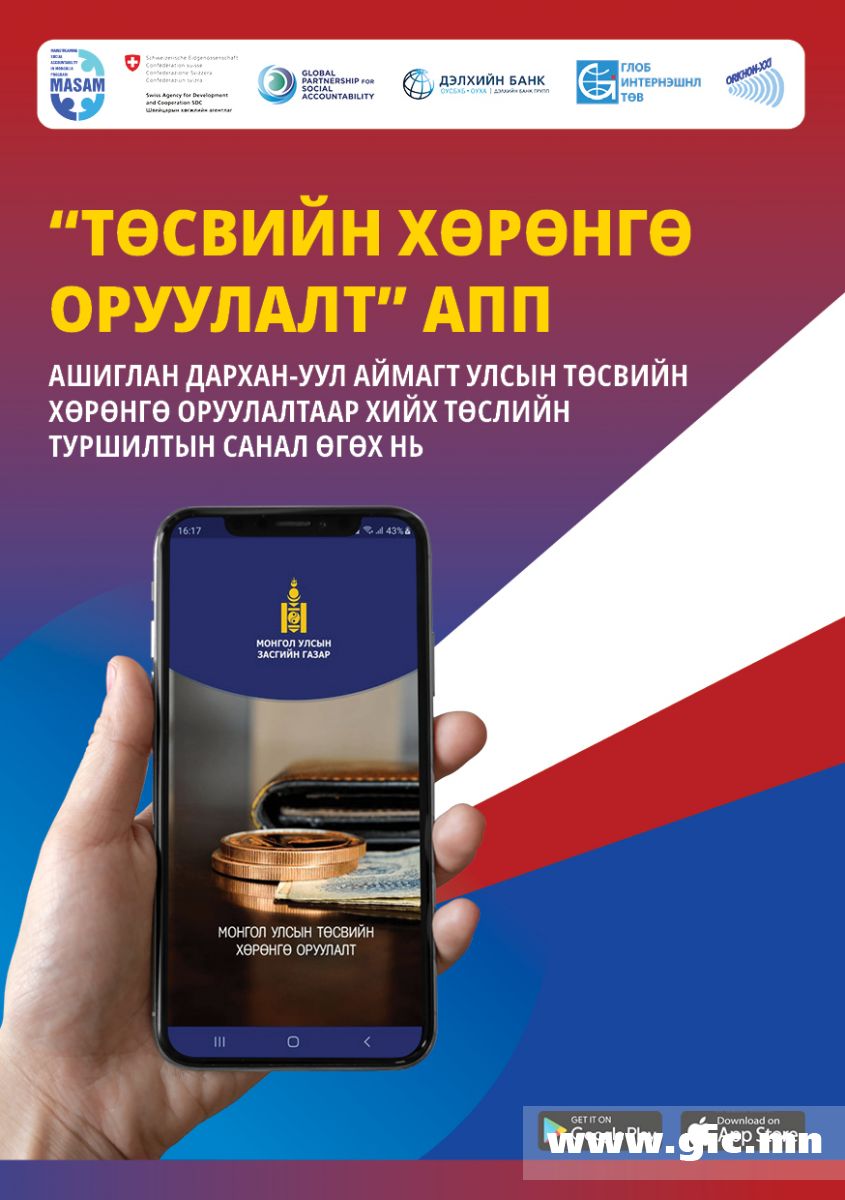Back

In February 2023, GIC’s co-implementing partner, developer of new SA tool team of ‘Khuvsguliin khugjil devshild NGO under the supervision and guidance of GIC in cooperation with other 4 local partner NGOs, organized piloting in Darkhan-Uul, Orkhon, Sukhbaatar, Selnege Aimags.
The implementation of new SA tool “Good Clinic –Satisfactory Service” gives to us an opportunity to solve our problems in a transparent and open manner with multi-stakeholders participation. This new SA tool aims to improve primary health care and services in Mongolia. This methodology is unique in that it evaluates the materialt, psychological and governance environment of the FHCs and solves the problems they face based on creative joint participation. For example, in Selenge aimag as a result of the assessment of the material environment, it was assessed that FHC needed to connect its sanitary fixtures to the sewage system first. After the evaluation, in order to solve the problem, the FHC approached the Health Department and the Governor’s Office of Selenge, presented the evaluation developed according to the methodology, and by consulting, they were able to include more than 28,000,000 MNT in the 2023 budget of the province.
.jpg)
As a result, doctors, employees and clients of the FHC had the opportunity to have working sanitary fixtures. Most importantly, by using this method, employees and all realized that in the future, when problems are encountered, the FHCs can solve problems together and achieve results because of multi-participation. Also, those FHCs which had tested this SA tools stated that the attitude of the management, and employees of the hospital changed due to the use of the Good Clinic -Satisfactory Service tool. FHC staff can openly discuss their problems, understand each other, and become motivated to cooperate. FHC staff who are motivated, tried to provide better services to their clients. FHC staff have come to understand that the problems faced by the medical staff are not only medical, but also the psychological. Together, they discovered how critical it is to assess the organization’s governance, environment and increase openness. And as a result of this tool, each FHC has identified their faced issues and solved the problems. The team of Khuvguliin khugjil devshild NGO had worked through organized training in Sukhbaatar, Darkhan, and Selenge, Orkhon provinces to improve the primary health care services of FHCs in Mongolia within the local initiatives of the MASAM II project.
